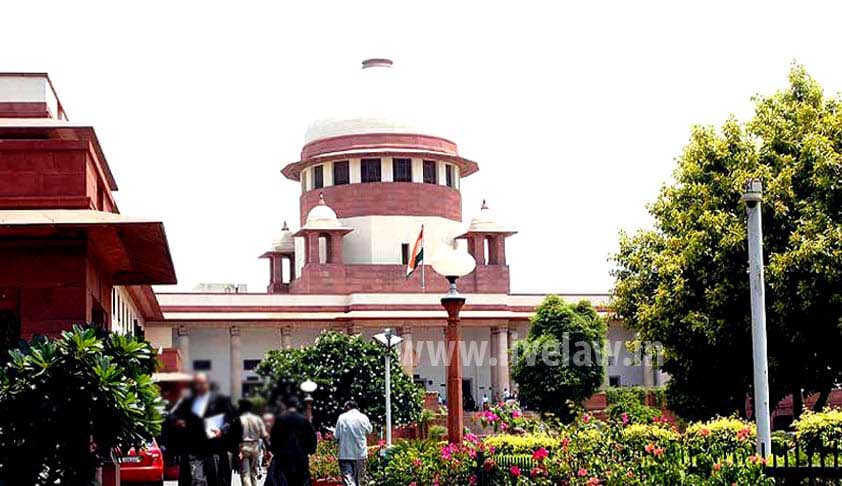Collegium & Reform: A determined bench goes ahead to screen suggestions
LiveLaw Edit Team
18 Nov 2015 9:58 PM IST

Next Story
18 Nov 2015 9:58 PM IST
As the Constitution Bench resumed its hearing on the reform of the Collegium system today after a gap of two weeks, things which could have been anticipated unfolded itself. Once the Bench decided to throw open the doors of the hearing to the public at large on November 5, by inviting their suggestions for reform, it was obvious that there could not be fetters on the nature of the...
